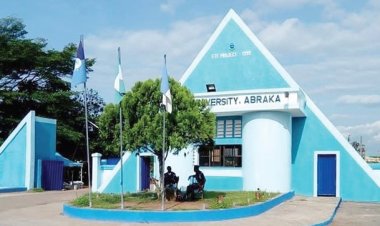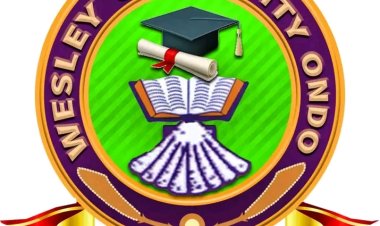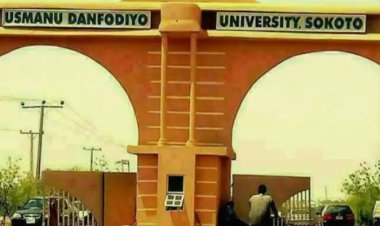We Can No Longer Depend on Exams to Assess Students— Prof. Abdullahi at UNILORIN 266th Lecture
During his inaugural lecture at the University of Ilorin, Prof. Onimisi E. Abdullahi called for a shift from traditional examinations to more objective evaluation methods to enhance learning outcomes.
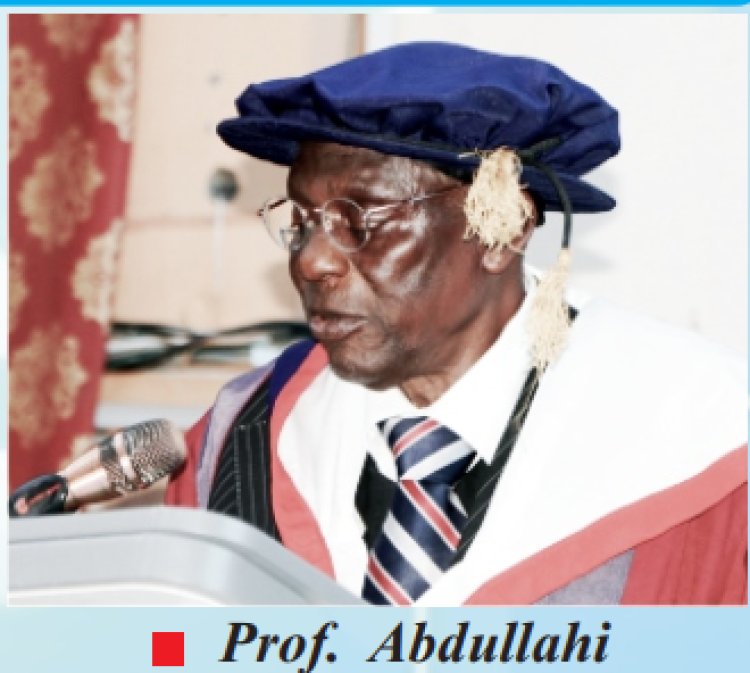
At the 266th Inaugural Lecture of the University of Ilorin, held on October 10, 2024, Prof. Onimisi E. Abdullahi from the Department of Social Sciences Education emphasized the need for stakeholders in Nigeria's educational sector to adopt more objective methods for assessing learning outcomes, rather than relying solely on written examinations. The lecture, titled “A Psychological Perspective on the Systemic Inconsistencies in the Nigerian Educational System,” took place at the University Auditorium.
Prof. Abdullahi argued that introducing practical assessments could help reduce cheating, a troubling trend that has become increasingly prevalent among students. He noted that the rising number of expulsions due to examination malpractice is a pressing issue that requires immediate attention.
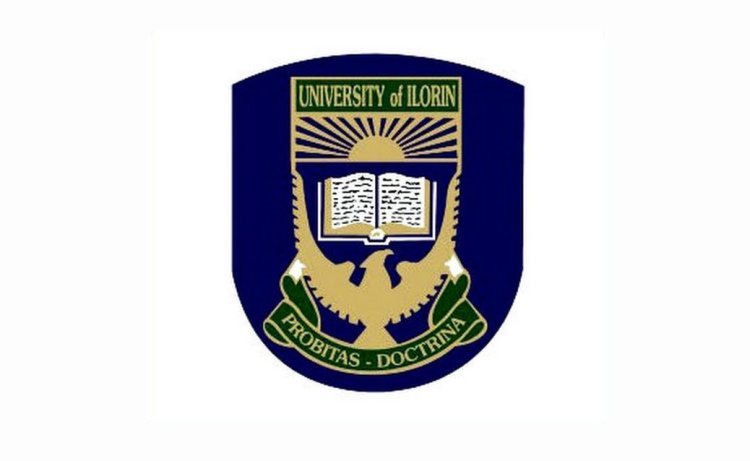
As an expert in educational psychology, he urged the government to promote the publication of indigenous textbooks that cater to local needs and realities, instead of relying on foreign texts that may distort Nigerian history and cultural context. He also recommended restructuring the secondary school system to enable schools to contribute positively to community life.
The former Provost of the Federal College of Education, Okene, suggested establishing counseling centers to help students cope with the stress of academic life, drawing on the model implemented at the University of Ilorin since 2010. He stressed the importance of directing students to these centers for professional guidance.
Prof. Abdullahi called for a review of the colonial-era Western education framework to create a functional curriculum that reflects Nigeria's culture, values, and aspirations. He proposed a reformed curriculum that emphasizes attitudinal changes among stakeholders and adapts to the unique characteristics of classroom learning.
He also highlighted the need to restructure science and technology curricula to focus on critical issues such as poverty eradication, child mortality reduction, and improving knowledge and strategies for combating diseases like malaria and HIV/AIDS. The educationist advocated for integrating indigenous games into the educational curriculum and creating educational policies rooted in African moral values and ethics.
Additionally, he called for regular training and retraining of teachers across all educational levels, urging the government to provide adequate support to schools to facilitate a student-centered approach to teaching. Prof. Abdullahi encouraged private sector investment in education to improve infrastructure and learning conditions.
The inaugural lecture, presided over by Vice Chancellor Prof. Wahab Olasupo Egbewole, SAN, was attended by notable figures, including former Vice Chancellor Prof. Is-haq Oloyede, the Vice Chancellor of Al-Hikmah University, Prof. Noah Yusuf, and other esteemed academics and colleagues, as well as Prof. Abdullahi’s friends, relatives, and students.

 Mary Nwaeze
Mary Nwaeze 